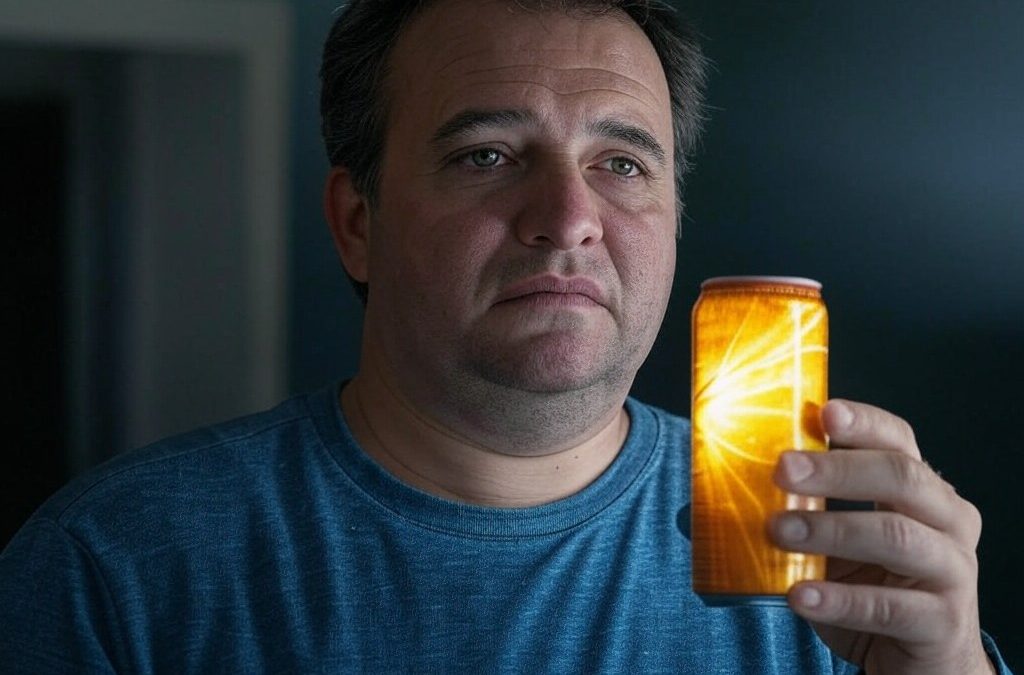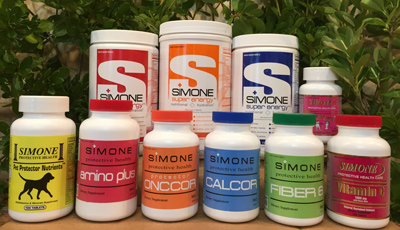We do not diagnose disease or recommend a dietary supplement for the treatment of disease. You should share this information with your physician who can determine what nutrition, disease and injury treatment regimen is best for you. You can search this site or the web for topics of interest that I may have written (use Dr Simone and topic).
“We provide truthful information without emotion or influence from the medical establishment, pharmaceutical industry, national organizations, special interest groups or government agencies.” Charles B Simone, M.MS., M.D.
ER VISITS AND DEATHS LINKED TO “POPULAR” ENERGY DRINKS
“Lanna Hamann was a healthy 16-year-old girl and died mysteriously after consuming Red Bull energy drink. The teenager was on vacation in Mexico with friends when she had to be rushed to a hospital and was pronounced dead after suffering cardiac arrest. Lanna was an athletic teenager who attended Sunrise Mountain High School in Peoria and loved playing softball.”
“Popular” energy drinks have been linked to 21,000 Emergency Rooms visits and 20 deaths.
Red Bull is one of the biggest selling energy drinks in the United States and abroad. France, Norway and Denmark have banned the Red Bull Energy drink from all stores other than pharmacies. It has been classified as a medicine because it has such high caffeine content that has deleterious consequences on the cardiovascular system.
I don’t like government intrusion. The US Government currently limits the amount of caffeine in a 12 ounce soft drink. Coffee (iced or hot) and soft drinks are generally sipped slowly over many many minutes thereby diluting the effects of caffeine over an extended period of time. There should be a limit on the amount of caffeine and other stimulants in a small volume of liquid that is consumed rapidly. This will save lives and decrease morbidity.
(c) 2017 Charles B Simone, M.MS., M.D.



